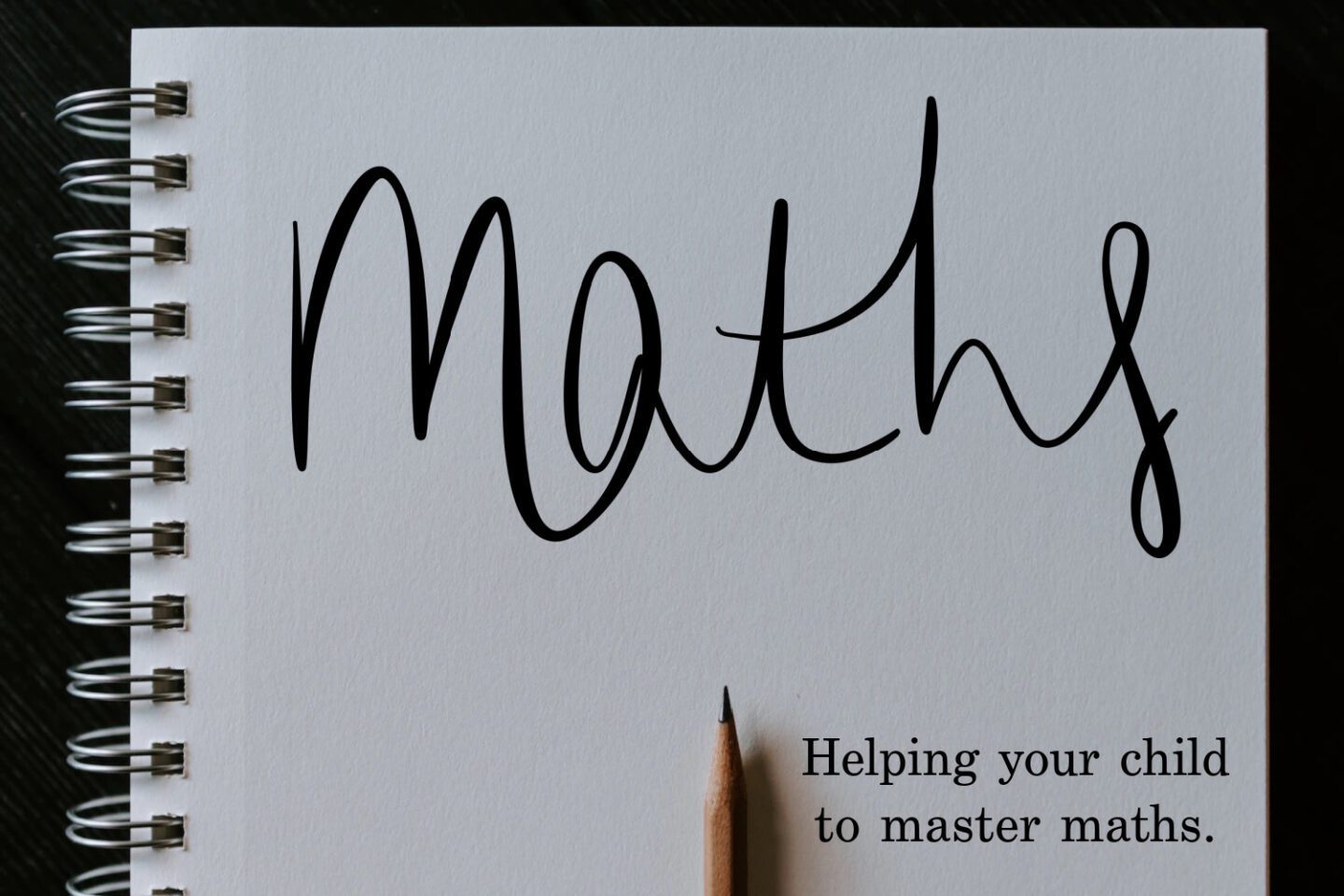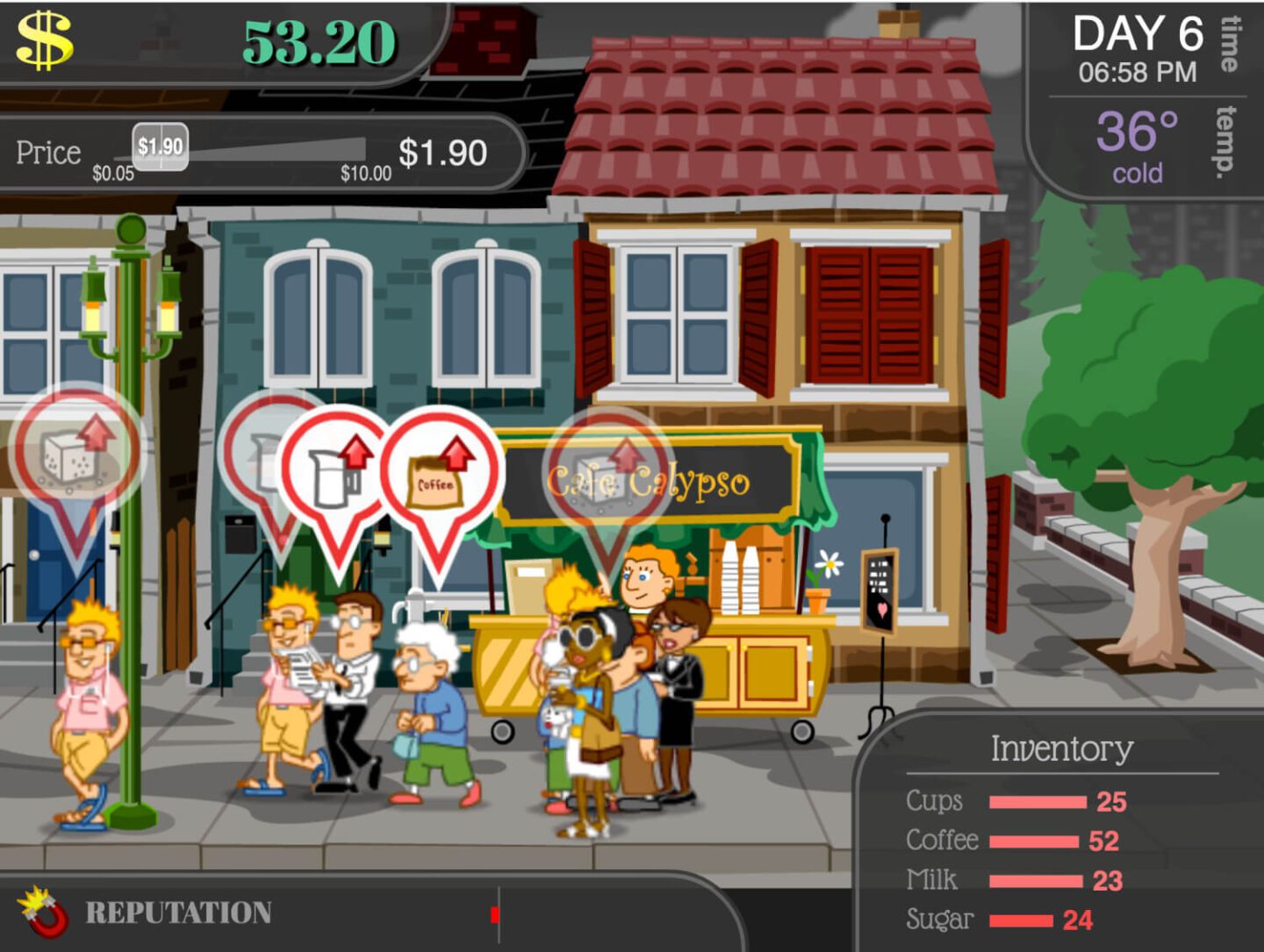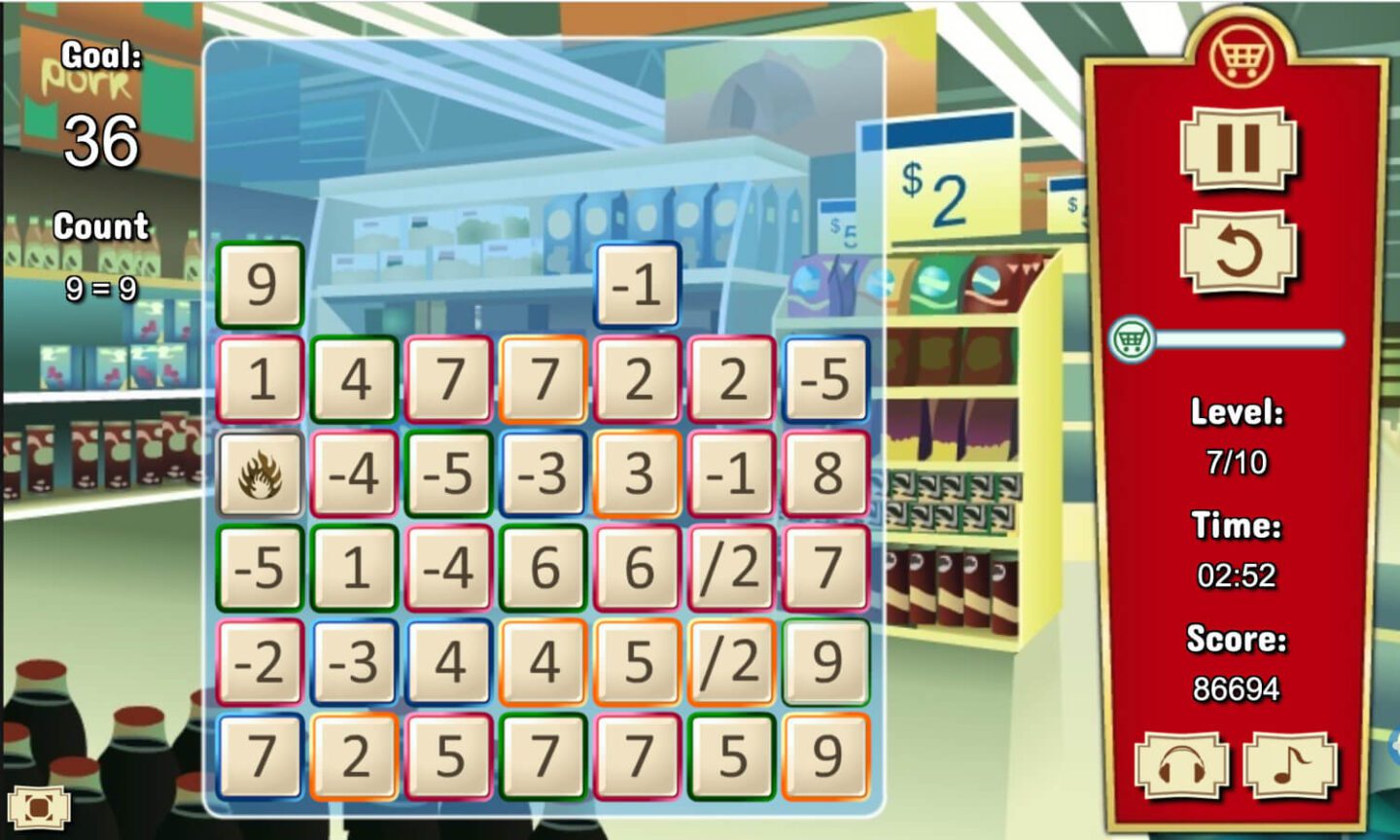Maths is one of the most important skills a person can have in life. It helps us to understand the world around us, make sense of data, and solve problems. Maths also helps us to develop critical thinking skills, which are essential for success in almost any field. It’s an important part of every child’s education and beyond into later life.

For these reasons, it is essential that we teach children maths from an early age so that they can go on to achieve success in life. However, maths is a subject that can be difficult for children to master and lots of kids aren’t particularly keen on it either – my daughter really isn’t.
But with the right guidance, parents can help their children to build a strong foundation in maths and develop their skills in the subject.
Helping your child with maths is not only beneficial for their academic development but also helps to foster a sense of confidence and independence in them. It also allows you to bond with your child while teaching them problem-solving skills and encouraging them to think logically.
In this post, we will share some tips on how parents can help their children with maths, as well as some of the benefits they can gain from doing so. We will also look at some of the best resources available for providing maths help for kids and maths help for parents.
Math can be a challenging subject, but with the right approach, it can be made easier. Establishing a consistent math study routine is key to success. Setting up a designated time and place for studying maths with your child will help them to focus and stay on track and make sure that they are getting the most out of it. If we sit at a table or desk together and focus on the task at hand, my daughter concentrates so much better and makes more effort too.
Every parent wants their child to excel in school, but it’s important to identify both the strengths and weaknesses in your child’s ability. Knowing what your child is strong at and what needs improvement can help you create an effective plan and set realistic goals for them so that they can achieve and celebrate their successes along the way and reach their full potential. I know my daughter isn’t as strong at her times tables as she could be so I know it’s something we need to spend a bit more time on until she is more confident with them.
By setting realistic goals, children can stay motivated and have something to strive for.
Creating a positive learning environment is essential for any student’s success in maths. It is not only important to provide the right resources and materials, but also to create an atmosphere that encourages and motivates your children to learn. Positive reinforcement strategies, such as providing rewards for progress, offering praise and recognition when appropriate, and providing feedback on mistakes so kids can learn from them can help children feel more motivated to learn. I know that my child can be quite sensitive to criticism and responds well to positive reinforcement so that’s something I make sure I give her plenty of and it really makes a difference.
Problem-solving is an important skill for kids to learn, and it can be difficult to teach them the right way. Breaking down big problems into smaller ones can help children learn how to solve complex problems more easily. By breaking down a problem into smaller pieces, kids can identify the individual steps needed to solve it and understand each step better. This also helps them practice their maths skills as they tackle each small problem one at a time.
Visual aids are a great way to make learning easier and more effective. They can help students better understand complex topics and make connections between different concepts. Visual aids can also be used to demonstrate how problems in maths can be solved.
Using visual aids for maths is a great way to engage your child in the learning process and help them to retain the information more easily. Educational graphics, diagrams, and videos can help them to comprehend difficult concepts more easily.
Maths can be a daunting subject for kids, but introducing games and puzzles to the learning process can make it fun and engaging. Games and puzzles are an effective way to teach children mathematical concepts as they allow them to explore different strategies, develop problem-solving skills, practice their mental arithmetic, and increase their confidence in maths.
Whether it’s playing a game of chess or solving mathematical puzzles such as Sudoku, there are plenty of ways for kids to improve on their maths skills through play. Not only will this help them understand the concepts better but also make learning more enjoyable for them. These types of activities allow children to think critically and solve problems on their own without being told what steps they should do next.
If your child is young, nursery rhymes are a great way to help them with their counting. Ten Green Bottles is just one example, but you can find plenty more that you can sing along to on YouTube. When playing with their toys, encourage them to count how many puzzle pieces there are or how many dolls they have, to familiarise them with numbers and make it a part of your day together.
Older children will obviously require a little more of a challenge. Lots of board games, like Snakes & Ladders or Monopoly, involve counting and basic sums. There are also lots of interactive games online that can encourage your child to learn maths in a fun and enjoyable way.
My daughter is very reluctant when it comes to maths as she just doesn’t enjoy it and thinks she isn’t good at it (even though she is way better than she thinks!), so games and puzzles are a great way to get her more engaged with it. It also means it’s more enjoyable for me, as well!
She’s been playing some online money games and we have particularly been loving playing Coffee Shop together – you have to be quite strategic with your coffee shop business and it’s mathematical because you have to work out how many cups, and how much coffee, milk and sugar you need each day, decide on the strength and sweetness of your coffee, work out demand and how much to charge based on the weather that day, people’s preferences and what you can afford! It’s quite addictive because you want to do better each time. It’s fun for us to do together because we can discuss what went wrong each day and where we need to make changes so we sell more coffee!

Cashier Simulator is a good one to practice numbers and addition for younger children. You insert the prices of items the customer is buying into the till and then they pay you and you have to work out the change from the notes and coins available. It’s straightforward to play and it makes till noises as you ring them up so I think younger children will particularly like this one!
My absolute favourite maths game that is totally addictive is Supermarket Numbers. It’s sort of like a Tetris game where squares drop down and you have to use the blocks to work out a sum to create the number you are given in the time you have. The numbers get higher as you go along and you also start getting divide by’s and times’, plus adding and subtracting, so it really gets your mind working and you have to be quite quick at working them out. It’s a good challenge for anyone but great for children to help improve their working out.

Next time you go shopping, for example, take your child along and ask them to figure out how much items will cost together or how much everything will cost when you get to the till, and how much change you’ll require if you pay with cash.
You could encourage your child to help you with the cooking and measuring ingredients out. When cooking with your child, ask them if they know how to convert from grams to ounces, and other challenges to get them thinking. Demonstrating to your child how important maths is in everyday life it can appear less intimidating to them as well as making learning more fun.
Maths can be a daunting subject for many children, especially those who are not naturally inclined towards it. But with the right guidance and support, your child can become proficient in maths and excel in their studies.
This is a collaborative post.